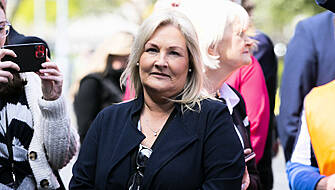The Network found that during the three months of lockdown measures from March to June of this year, there was an overall increase in contacts made to helplines of 23 per cent when compared to the same period in 2019. The largest increase was in March, at 63 per cent.
The data is drawn from six of the sixteen Rape Crisis Centres in the country and provides a snapshot of how the Covid-19 crisis has impacted survivors of sexual violence.
The Network said the increase in contacts suggests both increased need due to the additional trauma of the pandemic, and unmet need due to those who put their contact with rape crisis on hold until they felt safe enough and had the time to give focus to their trauma.
Elaine Mears, data and privacy coordinator at the Network said: “Where previously helpline contacts may have been just a few minutes, now they were lasting over 30 minutes, with calls up to an hour and a half increasing five-fold when compared to the same period last year”.
All age groups
The Network saw an increase in those seeking support from all age groups but especially among those aged between 40-49. Executive Director Dr Clíona Saidléar said: “From our conversations with counsellors and managers in RCCs we believe that this is in a large part due to the lockdown measures triggering past trauma. This age cohort are often holding multiple responsibilities such as care of children and elders as well as un/employment, increasing pressures at this time.”
The Network reported that 781 children and young people, aged between 12 and 23, also contacted the six centres.
Dr Saidléar said: "We do remain concerned for children during this period and know that there are many who have not been able to ask for support and help. We need redoubled Government and Tusla commitment to ensure that Rape Crisis Centres, alongside other specialist services and partners, the Gardaí, Sexual Assault treatment Units and children's specialist services will be here when they do."







